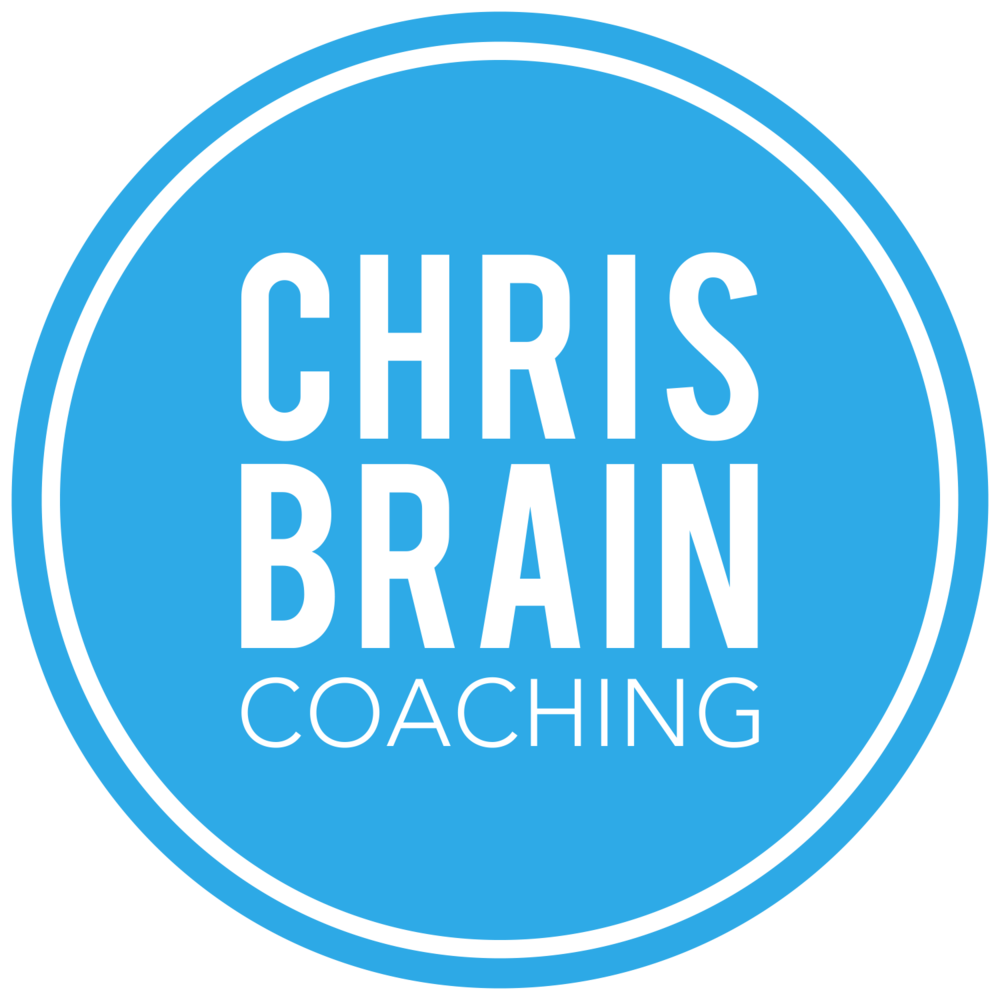First published in Ceufad Magazine June 2014 PDF Downloadable here
Having had the pleasure of being involved in the Ladies Paddle Symposium recently, the importance of the female paddling community and its affect on our sport has certainly been on my mind. Ive always felt like canoeing and kayaking are sports where women and men can truly be seen simply as paddlers and that there are no real male/female divides and that on the water everyone is simply a "boater". I still believe that this is the case but at the back of my mind something is telling me to look deeper into this and to find out what it really is like to be a female paddler in a male dominated sport.
My sister paddled for only a couple of years when she was aged between 13 and 15 (now aged 25), showing a rapid progression and genuine talent for kayaking. This was certainly helped by a paddling mad Dad and brother who could give her the opportunities to get out on the water and would spend the time teaching skills and helping her to progress. However there were no other girls of a similar age involved in the sport and it seemed like it was only a matter of time before her interest seemed to dwindle. If she had girls of a similar age around her at the time and she had some young female paddling role models, would she still be kayaking now? (Im sure if you ask her though she will still tell you she can hand roll!)
For me, paddling is a very social event and I love being on the water with a team, I have no shortage of positive role models and boaters that I can relate to and aspire to be like. Due to the nature of the paddling community and media, many of these role models for me do tend to be men, so the question I ask to myself is would I feel different about the sport if the majority of these peers and role models were to be female? What if Steve Fisher/Rush Sturges/Shaun Baker were women? What if the boats and kit were geared around a female body? What if I was the only male in a canoe club where the majority of the rest of the members were female? Is this what it feels like to be a female paddler? Had the situation been different when I was younger, would I have lost interest and would I still be involved in paddling now?
Over the past few years I have met and paddled with some fantastic female kayakers, ranging from high level coaches, competition focused athletes to highly motivated club paddlers. These boaters have all proved to be excellent role models for the sport, showing determination, focus and incredible skills all underpinned with a genuine love for paddling. I was working with a mixed group of paddlers from Manchester University a few weeks ago on the river Kent developing skills and techniques to move them forwards in their paddling. A major highlight was that at Force falls, one of the paddlers went over in their boat and managed to be successful in their first ever roll on the river. This for me is always a big deal for any paddler at any age, however I later found out that the paddler was the first girl to roll on the river from the club in over 4 years! That made this moment even more significant, but did make me question why has this taken 4 years to come about? As coaches are we doing enough to help develop these skills for female paddlers?
I have been thinking a lot about whether female paddlers have different needs from male paddlers on the water. Do they need different techniques or different environments in which to learn and develop? Does the kit and equipment hold them back, or do they just need more help in adjusting it to fit their body shape? Seat height, kayak size and paddle length is one thing that instantly springs to mind when I look at some female paddlers out there using equipment that was maybe designed with a one size fits all approach. (This also is a key issue for men too!) Would it make a difference if there were more female only paddling groups and do women respond better to coaching in ladies groups? With the hugely positive response to the Ladies Paddling Symposium it is clear to see that there is a strong desire for women to get together and to share some time on the water. Having spoken to many of the ladies throughout the event, they all held the same feeling that the LPS wasn’t an event created to shut men out, or to be exclusive, but only to help women get together and to share their love for paddlesport. It is clear to see that with some incredible female paddlers and coaches involved in the sport, ladies are represented right across the board and to the highest level. In fact our GB ladies are some of the best in the world!
The whole process of evaluating my personal approach to working with female paddlers has certainly been a useful one, and questioning whether using the same approach to male and female paddlers with my coaching can only move me forwards which in turn benefits everyone involved. One thing that is clear is that there are female paddlers who are out there hitting big lines, nailing boofs, putting down awesome freestyle rides, coaching and of course inspiring paddlers everywhere.
